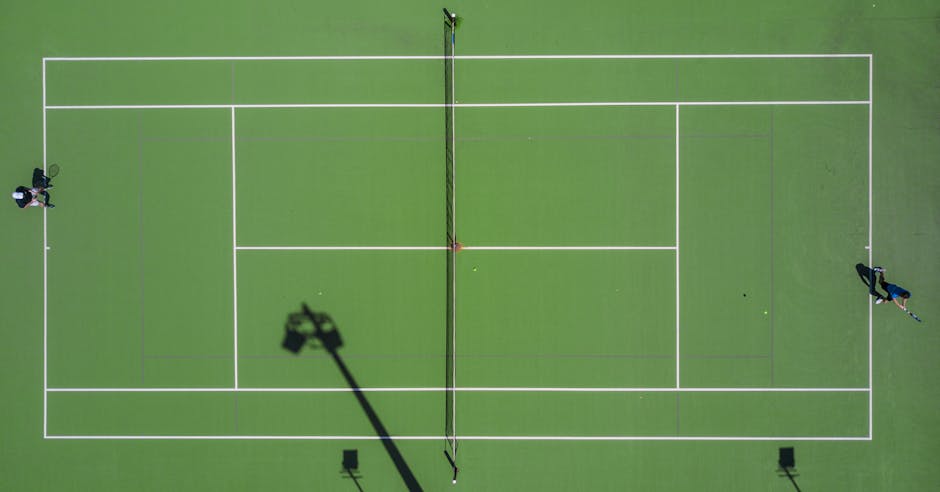Delhi Govt’s Proposal for Green Firecrackers
In an effort to harmonize cultural traditions with environmental sustainability, the Delhi government is preparing to approach the Supreme Court with a proposal to permit the use of green firecrackers during Diwali. The announcement was made by Delhi’s Environment Minister, Rekha Gupta, who highlighted the dual importance of preserving the festival’s cultural essence and tackling the city’s severe air pollution crisis.
The Diwali Pollution Challenge
Diwali, India’s festival of lights, is traditionally celebrated with firecrackers. However, this practice has faced increasing criticism due to its detrimental impact on air quality. Delhi, already struggling with hazardous pollution levels, experiences a sharp rise in air pollution during and after Diwali, leading to public health concerns.
Rekha Gupta, addressing the media on Thursday, stated, “We recognize the cultural and emotional significance of Diwali. At the same time, we must address the environmental harm caused by traditional firecrackers. Our proposal to the Supreme Court is to allow green firecrackers as a sustainable alternative.”
What Are Green Firecrackers?
Green firecrackers, developed by the Council of Scientific and Industrial Research (CSIR), emit 30-35% fewer pollutants compared to conventional firecrackers. They use eco-friendly raw materials and produce reduced levels of harmful substances like sulfur dioxide and particulate matter. The Delhi government’s proposal aims to promote these firecrackers while preserving the festive spirit.
Background: Supreme Court’s 2018 Ban
The proposal follows the Supreme Court’s 2018 ban on the sale and use of traditional firecrackers in the National Capital Region (NCR). While the court permitted green firecrackers, strict regulations were imposed on their production and distribution. Despite this, the use of conventional firecrackers has continued, often violating court orders.
Environmentalists Weigh In
Environmental activists have welcomed the Delhi government’s initiative but stressed the need for stricter enforcement. Anumita Roychowdhury of the Centre for Science and Environment (CSE) said, “Green firecrackers are a positive step, but ensuring the use of certified products and raising public awareness are equally important.”
Public Reaction and Debate
The proposal has sparked mixed reactions among citizens. Some applaud the government’s balanced approach, while others advocate for a complete ban on firecrackers. “Diwali is about lights, not pollution. We should explore eco-friendly alternatives,” said Arjun Mehta, a Delhi resident. Conversely, traditionalists argue that firecrackers are integral to Diwali celebrations. “Green firecrackers are a fair compromise,” said Priya Sharma, a shopkeeper in Old Delhi.
What’s Next?
The Delhi government’s proposal is expected to be presented to the Supreme Court in the coming weeks. If approved, it could set a precedent for other states, promoting sustainable Diwali celebrations nationwide.
As Diwali approaches, the debate over firecrackers underscores the challenge of balancing tradition and environmental responsibility. The Delhi government’s initiative reflects a growing awareness of the need to adapt cultural practices to modern challenges. Whether this proposal will alleviate Delhi’s pollution crisis remains to be seen, but it represents a significant step towards a greener Diwali.
All eyes are now on the Supreme Court as it considers the Delhi government’s plea, with millions hoping for a decision that respects both tradition and the environment.




